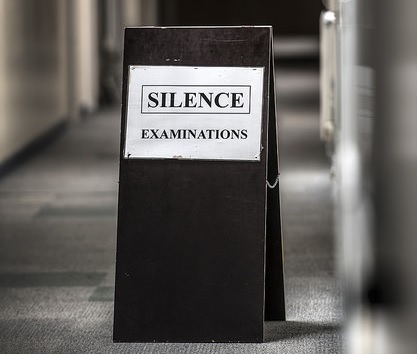The Parliamentary Office of Science and Technology (POST) has published a new evidence briefing on the impact of selective schooling citing research from ISER and new studies using data from Understanding Society.
Professor Emilia Del Bono’s recent study of the impact of grammar schools on a generation of children in Aberdeen is among the evidence cited, alongside a study led by Professor Simon Burgess using data from Understanding Society revealing an increase in social inequalities in areas with selective state schooling.
In September 2016, the Prime Minister announced that the Government intends to remove the ban on opening entirely new state-funded grammar schools in England, and to allow non-selective schools to convert under certain circumstances. From September to December 2016, the Department for Education (DfE) ran a consultation on the proposals, which also includes plans to allow new free schools to select up to 100% of pupils based on their faith.
The POSTbrief provides a brief overview of methodologically robust studies on state-funded selective schools that select the majority of their intake on academic criteria.
Overview
- Estimating the impact of school type is difficult because any differences in outcomes for pupils attending different types of schools may be explained not by the type of school, but by differences in the characteristics of pupil intake, including prior attainment, and other factors, such as the level of deprivation in the local area.
- Despite the high level of interest and commentary on grammar schools, there are only a small number of independent, robust studies on the grammar school system in England. These use sophisticated statistical methods to make adequate comparisons between school types, which control for other factors that could influence outcomes.
- Unless otherwise stated, studies reported in this brief are nationally representative. However, it is worth noting that available research on medium and long-term impacts of school type is necessarily based on outcomes for pupils who entered secondary school 30 to 40 years ago and could be different for pupils in the current system.
- Historic and current data show that children who are eligible for Free School Meals (FSM) are less likely to attend a grammar school than children who are not eligible for FSM. This is the case even when comparing only those pupils who achieve similar high levels in English and Maths at the end of primary school. Research suggests that this is because children from poorer backgrounds have less access to economic, social, and cultural resources, such as high-quality primary school education and private tuition, which help children to perform well at school and prepare for entrance exams.
- Academic attainment at GCSE level is on average higher for pupils attending grammar schools than for pupils who attend other types of school. When comparing pupils who achieved similar high levels in English and Maths at the end of primary school, most studies report a statistically significant but modest difference.
- To understand the impact of academic selection on pupil attainment it is important to also look at outcomes for the majority of pupils who did not get into grammar school in a selective area. When comparing pupils who achieved similar levels at the end of primary school, available studies report that academic attainment at GCSE level is on average lower for pupils in selective areas who attend non-grammar schools than for pupils in nonselective areas. This finding is statistically significant but very modest.
- Differences in outcomes for pupils attending grammar school and those attending non-grammar schools in selective areas may be due in part to the quality of teaching and peer effects (i.e., the impact of average peer ability on own ability).
- One study looked at social mobility and found that the selective education system as a whole does not improve social mobility for children who were born into any particular income bracket or social class.
- Available evidence from England and international comparisons using PISA data suggests that selective education systems widen educational inequality.
